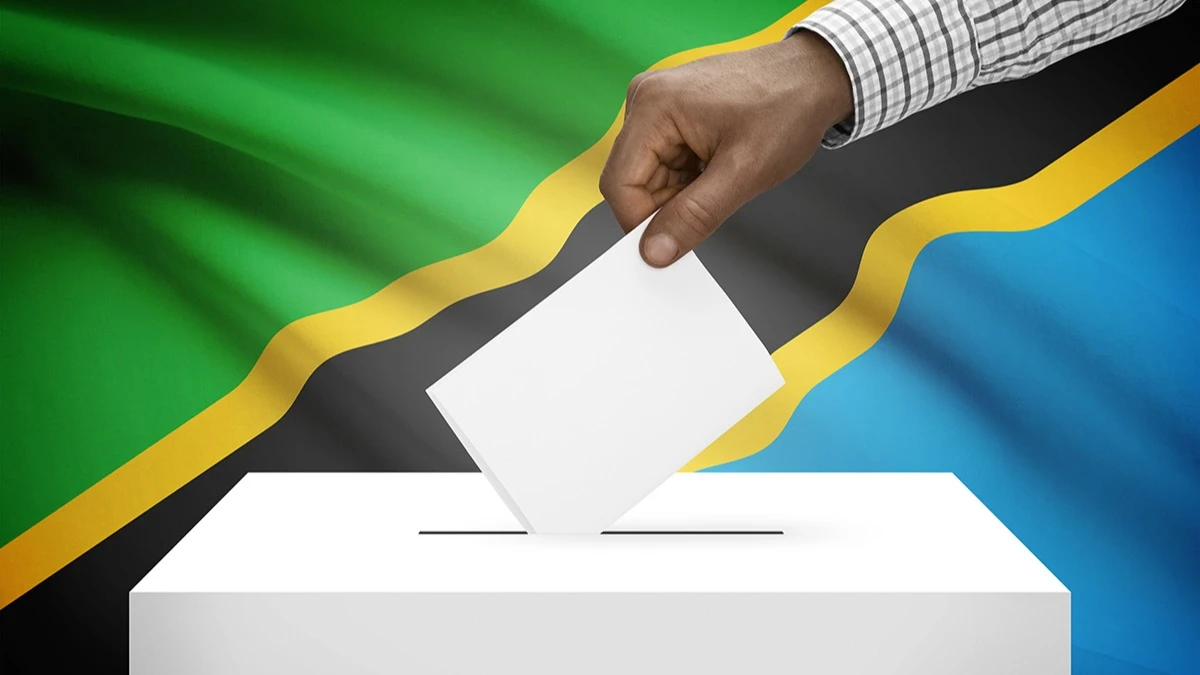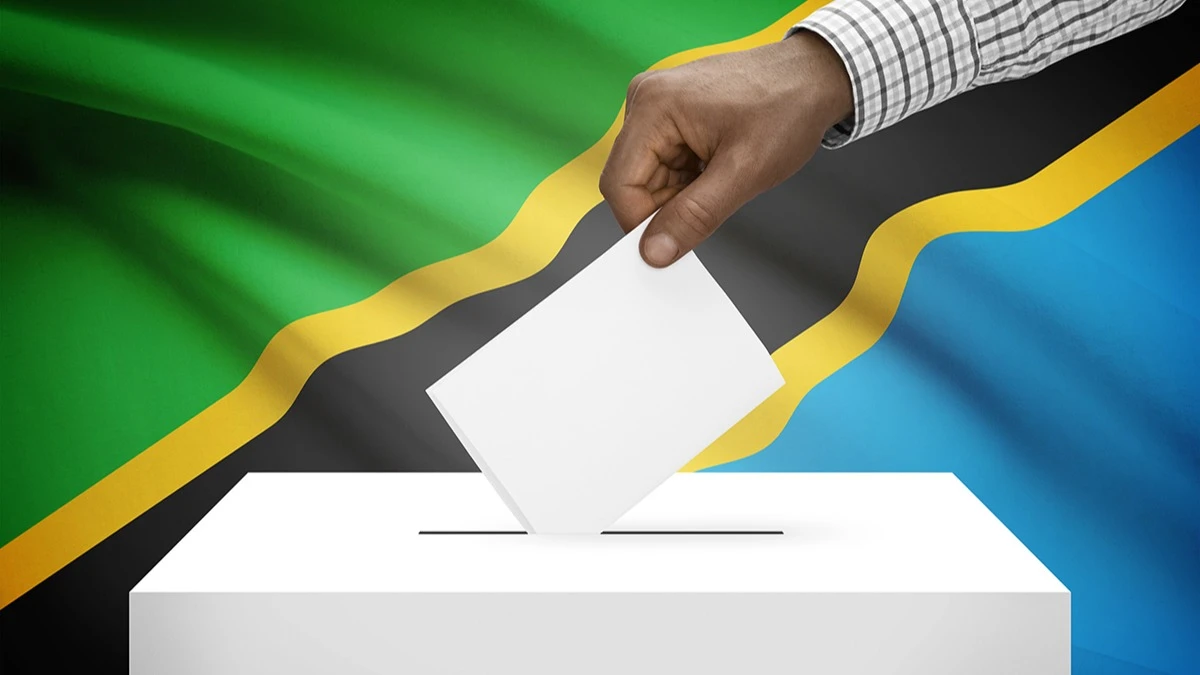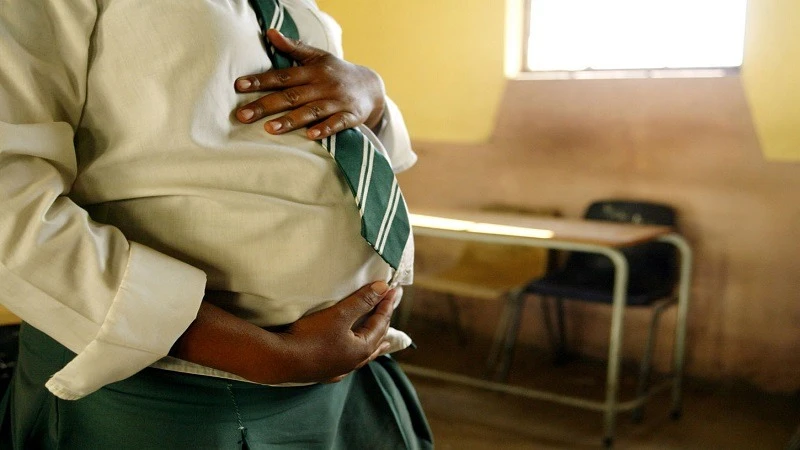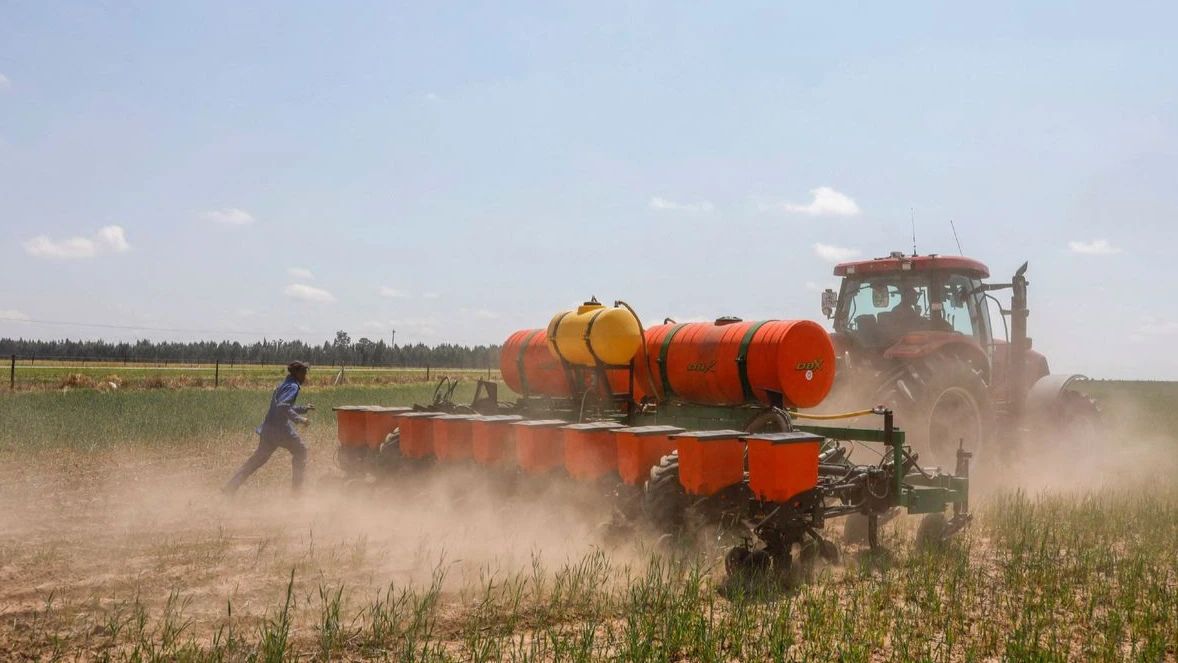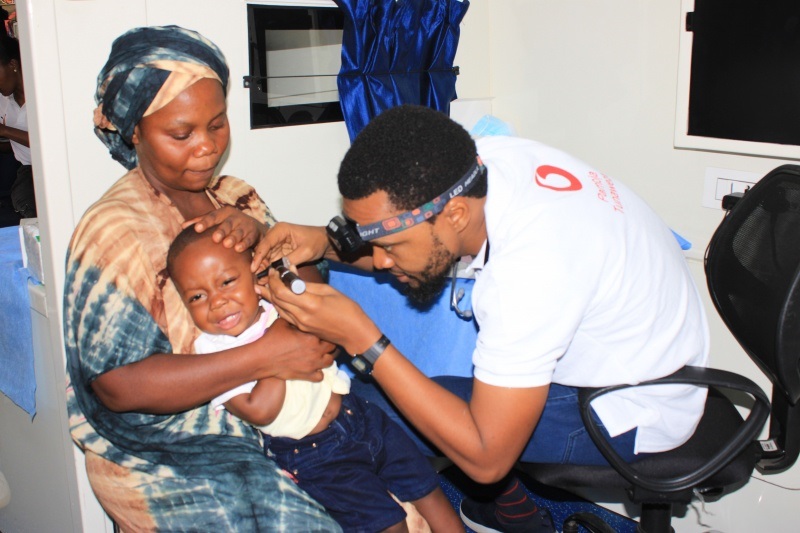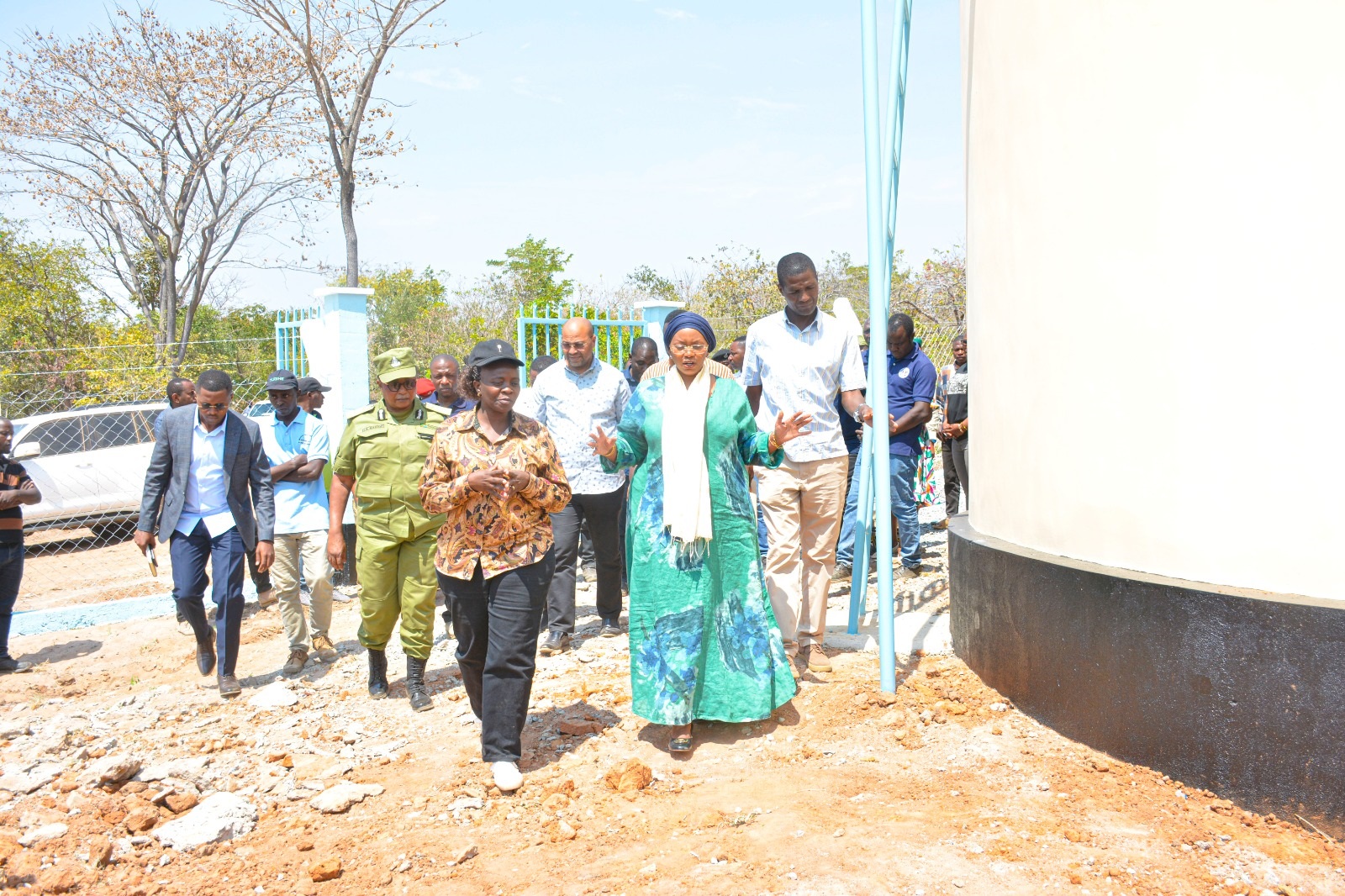Alcohol firms decry ‘vast’ illicit liquor in the market
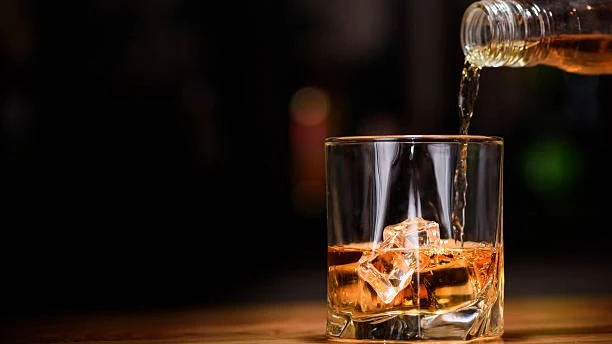
ILLICIT spirits amount to about 55 percent of total alcohol produced, distributed and consumed in the country, a section of manufacturers believe.
Sufian Hussein, the Confederation of Tanzania Industries (CTI) chairman, made this affirmation at a roundtable meeting in Dar es Salaam yesterday to discuss ways and means of stemming the problem, underlining that vast distribution of illicit liquor threatens livelihoods while undermining revenue generation in the alcohol industry.
He stated that Tanzania is among countries in Africa with the highest prevalence of illicit alcohol consumption and thus poses a serious public health risk, with the meeting focused on joining hands in fighting illicit alcohol.
He said that what is required is collaboration among different actors, including regulators, manufacturers and law enforcement agencies to deal with the challenge of illicit alcohol.
"Illicit alcohol remains a pressing issue, posing serious risks to public health due to its unregulated production, lack of quality control and often hazardous composition,” he emphasized, noting that in addition, illicit trade in alcohol undermines legitimate businesses.
It deprives the government of substantial tax revenues and fuels a cycle of informal economic activity that is difficult to monitor or regulate, he said at the forum which marked the official launch of a national study on the matter.
It will be used to survey the prevalence of illicit alcohol, determining the true size and drivers of illicit alcohol use countrywide, where participants heard that forms of alcohol categorized as illicit include counterfeits, artisanal homebrews, smuggled alcohol as well as alcohol sold without payment of taxes.
The joint study will be conducted by public and private sector agencies in line with earlier engagements, where the two sides recognize the importance of having data-supported evidence in formulating policies, regulations and initiating legislation to check illicit alcohol in the market.
Obinna Anyalebechi, the Serengeti Breweries Ltd (SBL) managing director, spoke on behalf of leading alcohol manufacturers at the meeting, asserting that the industry was eager to utilize insights from envisaged research to innovate niche products to lift consumers from the illicit spirits category.
Albert Chalamila, the regional commissioner, said the objective of the joint effort is to ensure that future national policies and regulatory initiatives are grounded in credible, data-driven evidence “and that we work collectively toward solutions that are sustainable and beneficial to Tanzanians and to the formal industry.”
"This meeting is an important step in coordinating our efforts to combat the illicit alcohol trade, a problem that endangers public health, undermines legitimate businesses and reduces government revenue," he added.
Top Headlines
© 2025 IPPMEDIA.COM. ALL RIGHTS RESERVED









